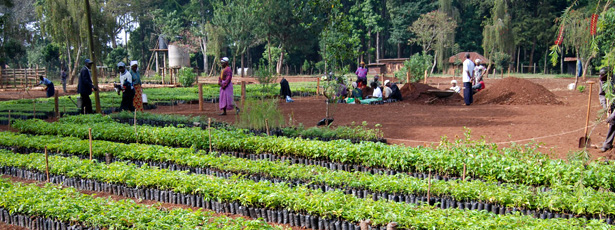
Feminism, sustainable development and the masculinisation of environmentalism
by Asia Braithwaite
As the issue of climate change becomes a more prominent discourse in society, sociologists have begun to regard the societal causes and effects of climate change. Scientists have proposed a need for sustainable development following the Brundtland Report, published in 1987 by the United Nations World Commission on Environment and Development (WCED). Sustainable development makes key links between Ecology, Economy, and society. It proposes a system of equitability within and across generations with regard to resources that heighten climate change. The climate change act has commissioned the UK to reduce greenhouse gas emissions by at least 80% of the 1990 figure by 2050. In order to meet this target, the UK would need to reduce emissions by 3% per year. Is this accessible to the British public? Lorenzoni et al in their article “barriers perceived to engaging with climate change among the UK public and their policy implication” present a pivotal argument for the furthering of sustainable development. Climate change discourse is not accessible to everyone, for most, it is way outside the realm of possibility and thus is ignored. In this article Lorenzoni et al argue: “A state of engagement is understood here as concurrently comprising cognitive, affective and behavioural aspects. In other words, it is not enough for people to know about climate change in order to be engaged; they also need to care about it, be motivated and able to take action” (Full text can be found here)
People in the UK aren’t motivated to take action against climate change, and why should they be? in this individualistic capitalist society in which we live in, climate change does not fit into this agenda. For those who aren’t directly affected by climate change, reducing CO2 emissions is a vague, inaccessible concept. Those who are the most affected aren’t given a voice or chance to influence policy making either.
Women are much more susceptible to the dangers of climate change than men. 60% of undernourished people are women and girls. Women and girls are also overrepresented among those who are food insecure. (Eco)Feminists have argued that the increasing scientific influence on climate change has made climate change a masculine pursuit. Sherilyn MacGregor refers to this as a ‘masculinisation of environmentalism.’ Since the paradigm shift regarding climate change and the sheer scale of climate change has been considered, it has become a largely male-dominated phenomenon. MacGregor points towards Al Gore in the US and the Miliband brothers in the UK as prominent male figures who have taken leading roles in the climate change discourse. However, my question is how this has become a male-dominated system? MacGregor argues that this is because women are underrepresented in the natural sciences and maths, despite them being more susceptible to the effects of climate change. So how can we really reduce the acceleration of climate change, if those who are most affected aren’t given a voice? We can not. The leading figures of sustainable development are so detached from climate change, and this affects public reception of climate change. Unfortunately, in the society in which we live in unless an issue affects you, people become disinterested.
When those who are directly affected by climate change are given a voice it can motivate a whole society to take action. One inspiring case was that of Wangari Maathai. Wangari Maathai founded the Greenbelt Movement which motivated Kenyan women to plant trees in response to the growing food insecurity due to lack of firewood. The Greenbelt Movement works towards sustainable development and wishes to conserve the environment. What started as a small-scale project eventually resulted in the planting of 40 million trees across Africa.
In conclusion, I believe that:
- In a capitalist society that encourages individualisation, it is hard for the public to resonate with climate change as it is something that affects them directly.
- Giving those who are affected most by climate change (namely women but also those at the bottom of society) more of a voice will help to make climate change seem more real.

0 Comments